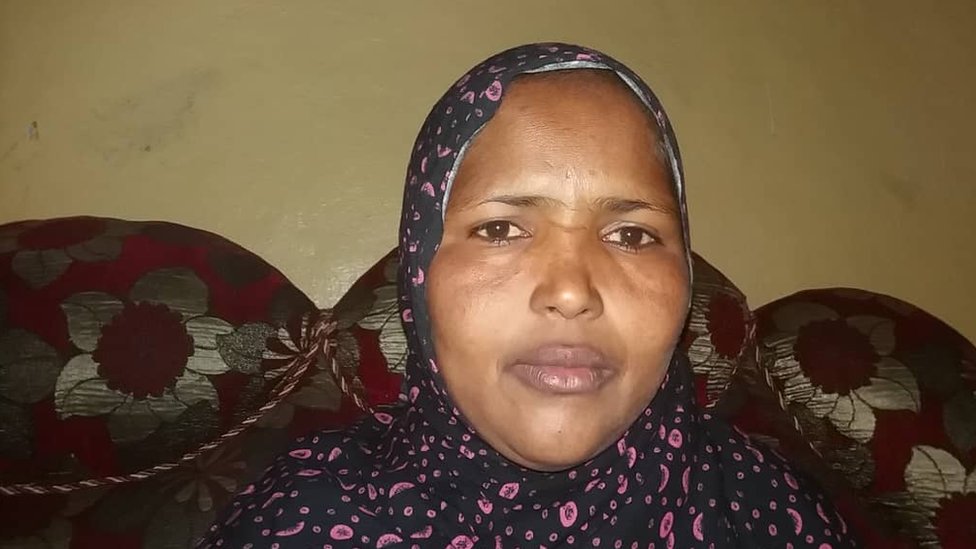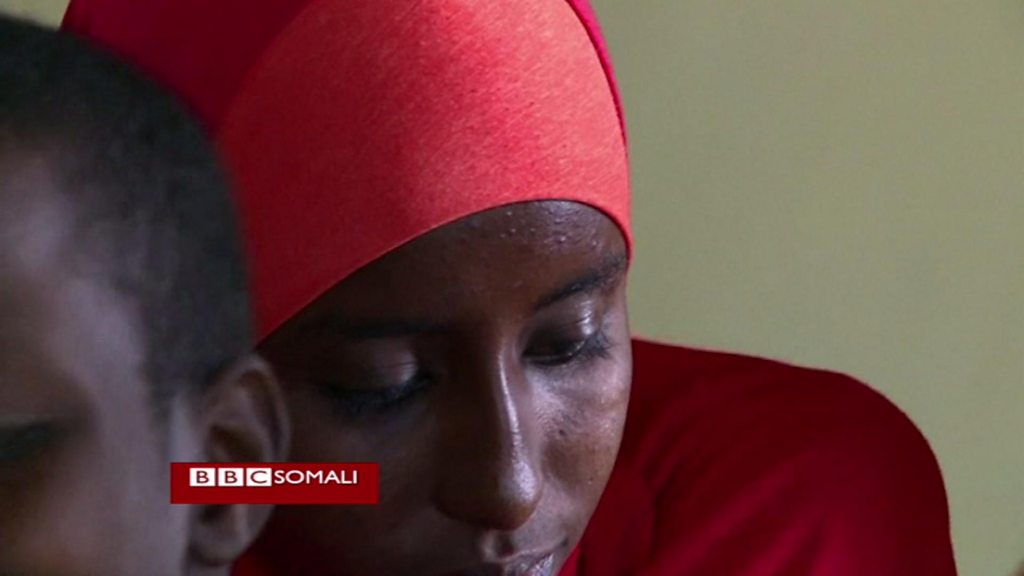Somali Wasmo Telegram Channels: Find Them Here! [Updated]
Is the digital realm truly private, or are we merely performing for an invisible audience? The surge in online communities dedicated to explicit content reveals a complex interplay between desire, anonymity, and cultural expression.
The proliferation of online platforms has undeniably democratized access to information and facilitated the formation of communities around shared interests. However, this accessibility also presents a darker side, exemplified by the emergence of groups centered on explicit or potentially harmful content. One such phenomenon is the rise of "Somali wasmo" channels on platforms like Telegram, attracting a significant following with promises of uncensored material. These channels, often operating in a legal gray area, raise crucial questions about content moderation, freedom of expression, and the exploitation of cultural sensitivities.
The term "wasmo," a Somali word referring to sexual activity, serves as the focal point for these online communities. The content shared within these groups varies, ranging from amateur videos and explicit images to links to external websites featuring pornographic material. The allure of these channels lies in their perceived anonymity and the promise of accessing content that might be restricted or censored elsewhere. The channels often employ hashtags like #wasmo_wali_ah and #siigo to attract users searching for specific types of content.
- Guy Fieri Religion Enthllungen Fakten Hintergrnde
- Suzanne Alexanders Spouse Everything You Need To Know
The popularity of these channels is evidenced by the substantial number of members, with some boasting upwards of 35,000 participants. This indicates a significant demand for such content within the Somali-speaking online community. The channels often promote themselves through various means, including social media platforms and word-of-mouth referrals. They frequently entice new members with promises of exclusive content and the opportunity to interact with other like-minded individuals.
The operation of these channels raises several ethical and legal concerns. The content shared may include material that is illegal or harmful, such as child pornography, non-consensual images, or content that promotes violence or discrimination. The anonymity afforded by these platforms can shield individuals who engage in illegal activities, making it difficult to identify and prosecute offenders. Furthermore, the cultural context surrounding these channels adds another layer of complexity. In some societies, discussions about sex and sexuality are often taboo, and the existence of these online communities may challenge traditional values and norms.
Content moderation on platforms like Telegram is often inadequate to address the issue of "wasmo" channels effectively. The sheer volume of content being shared makes it difficult to monitor and remove infringing material. Furthermore, the use of coded language and cultural references can make it challenging for moderators to identify content that violates the platform's terms of service. The lack of effective content moderation allows these channels to thrive, potentially exposing vulnerable individuals to harmful or illegal content.
- Stephon Marburys China Move From Nba Star To Cba Legend Amp Salary
- Unblocked Games G Your Gateway To Fun Play Now
The promotion of these channels through social media platforms further exacerbates the problem. Individuals may stumble upon these channels while browsing social media or through targeted advertising. The ease with which these channels can be accessed poses a risk to unsuspecting users, particularly young people who may be more susceptible to the allure of explicit content. The lack of parental controls and awareness campaigns further contributes to the problem.
The legal landscape surrounding online pornography and sexual content varies from country to country. In some jurisdictions, the possession and distribution of explicit material may be illegal, while in others, it may be permissible under certain circumstances. The legality of "wasmo" channels depends on the specific laws of the country in which they are operating and the nature of the content being shared. However, even in countries with more lenient laws, there may be restrictions on content that exploits, abuses, or endangers children.
The rise of "Somali wasmo" channels reflects a broader trend of online communities forming around explicit content. These communities often operate in a legal gray area, raising complex ethical and legal questions. The lack of effective content moderation, the ease of access, and the cultural context surrounding these channels all contribute to the problem. Addressing this issue requires a multi-faceted approach, including stronger content moderation policies, increased awareness campaigns, and a commitment to protecting vulnerable individuals from harmful or illegal content.
The question of freedom of expression is often invoked in defense of online content, even when that content is sexually explicit. Proponents argue that individuals have the right to express themselves freely, even if their expression is considered offensive or objectionable by others. However, this right is not absolute and is subject to certain limitations. Freedom of expression does not protect content that is illegal, harmful, or that violates the rights of others. In the case of "wasmo" channels, the potential for harm and the risk of illegal activity must be carefully weighed against the principle of freedom of expression.
The impact of "wasmo" channels on Somali culture is a complex and multifaceted issue. Some argue that these channels represent a challenge to traditional values and norms, while others see them as a reflection of changing attitudes towards sex and sexuality. The cultural context surrounding these channels is often shaped by a combination of factors, including religious beliefs, social customs, and historical influences. The debate over the impact of these channels on Somali culture is likely to continue for some time to come.
The responsibility for addressing the issue of "wasmo" channels rests with a variety of stakeholders, including platform providers, content creators, law enforcement agencies, and civil society organizations. Platform providers have a responsibility to implement effective content moderation policies and to remove content that violates their terms of service. Content creators should be held accountable for the content they produce and share. Law enforcement agencies should investigate and prosecute individuals who engage in illegal activities online. Civil society organizations can play a role in raising awareness about the risks associated with these channels and in advocating for policies that protect vulnerable individuals.
The use of hashtags like #wasmo_wali_ah and #siigo highlights the importance of search engine optimization (SEO) in driving traffic to these channels. By using relevant keywords, channel operators can increase the visibility of their content and attract a larger audience. This underscores the need for search engines to implement policies that prevent the promotion of harmful or illegal content.
The phrase "Ha igu mashquulin if you have telegram, you can view and join somali wasmo channel" reveals a common tactic used to recruit new members. This type of message encourages individuals to bypass traditional channels and to directly access the content on Telegram. This highlights the challenge of controlling the spread of these channels through traditional means of advertising and promotion.
The statement "We would like to show you a description here but the site wont allow us" suggests that the content being shared may be considered objectionable or inappropriate by some websites. This underscores the need for websites to implement policies that prevent the promotion of harmful or illegal content.
The Arabic phrase "\u062c\u0646\u0633) waa iskutega labka iyo dhediga noolaha si ay u tafiirmaan isla markaana u raaxeystaan" provides a definition of sexual intercourse. This highlights the cultural context surrounding these channels and the importance of understanding the language and terminology used within these communities.
The phrase "Inaan ku raaxaysto maahayn oo gabadhaydii yarayd, lkn raaxo ayaan dareemayay jaqniinkeeda, miskaha ayaan qabatay oo si fiican u leefay, markii danbe ayay tiri aabe si kale ayaan dareemaya waan ogaa in ay biya bixi rabto, xoog ayaan u sii qabtay si ayasan u dhaqaaqin ama u boodin, leefidiina ku waday oo ay tiri aabe" provides an example of the type of explicit content that may be shared on these channels. This type of content is highly problematic and may violate laws regarding child pornography or sexual abuse.
The promise of "Wasmo somali channel right away" highlights the desire for instant gratification and access to explicit content. This underscores the need for education and awareness campaigns that promote responsible online behavior.
The statement "Waa group cusub kii hore hawada ayaa laga saarey kan ayaan soo dhigi doonaa waxii muuqaal ah download wasmo somali channel" suggests that these channels are often shut down due to violations of platform policies. However, new channels quickly emerge to replace them, highlighting the challenge of permanently eradicating this type of content.
The mention of "Somali wasmo 2022 313 members" provides a snapshot of the size and scope of these communities. While this number may seem small in comparison to other online communities, it still represents a significant number of individuals who are seeking out and consuming explicit content.
The phrase "Wasmo galmo gabar somali la wasayo yaab" provides another example of the type of content that may be shared on these channels. This type of content is highly objectifying and may contribute to the exploitation and abuse of women.
The statement "If you have telegram, you can view and join somali nuda wasmo right away" further emphasizes the ease with which these channels can be accessed. This underscores the need for parents and caregivers to be aware of the risks associated with these platforms and to take steps to protect their children.
The mention of "This page was last edited on 7 march 2024, at 20:16" indicating the date of content last update.
Ultimately, the rise of "Somali wasmo" channels presents a complex and multifaceted challenge. Addressing this issue requires a collaborative effort from all stakeholders, including platform providers, content creators, law enforcement agencies, civil society organizations, and individuals. By working together, we can create a safer and more responsible online environment for everyone.

Wasmo Gabar Somali

Somali Wasmo Tv

Wasmo Somali Sawiro